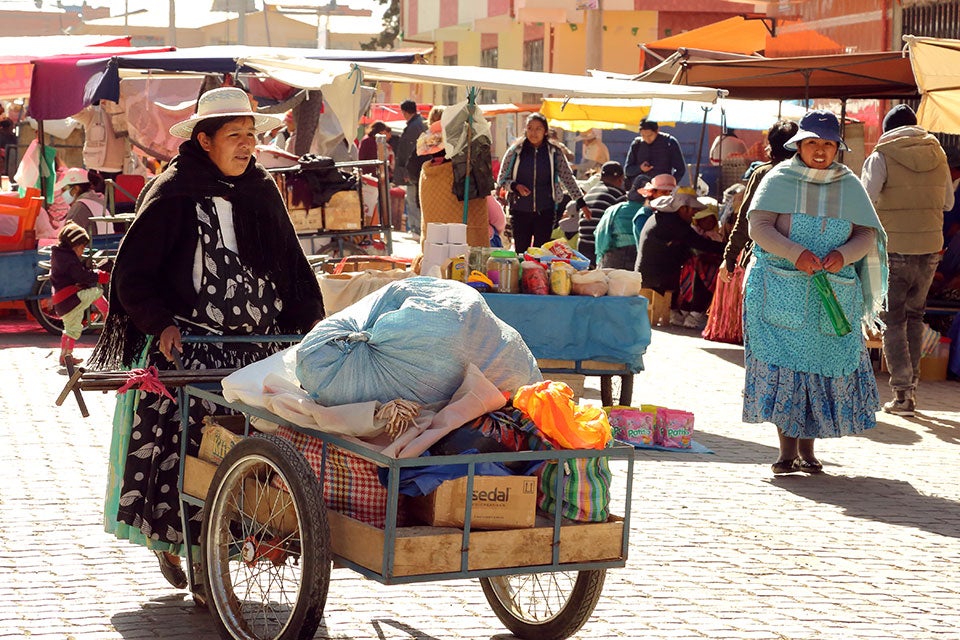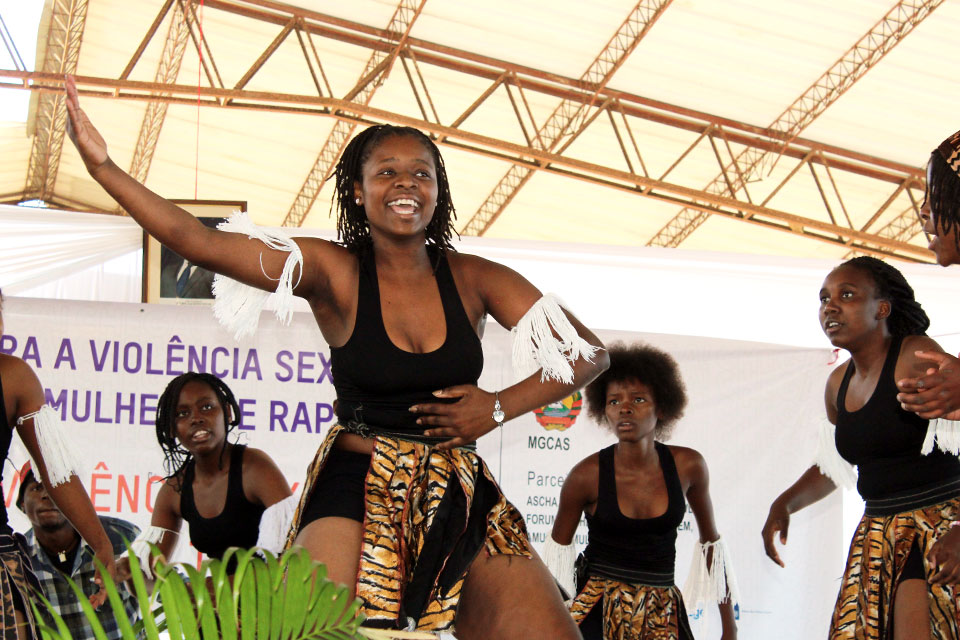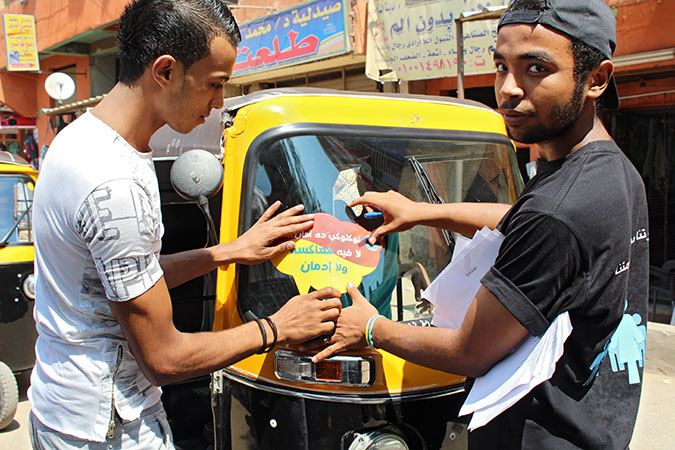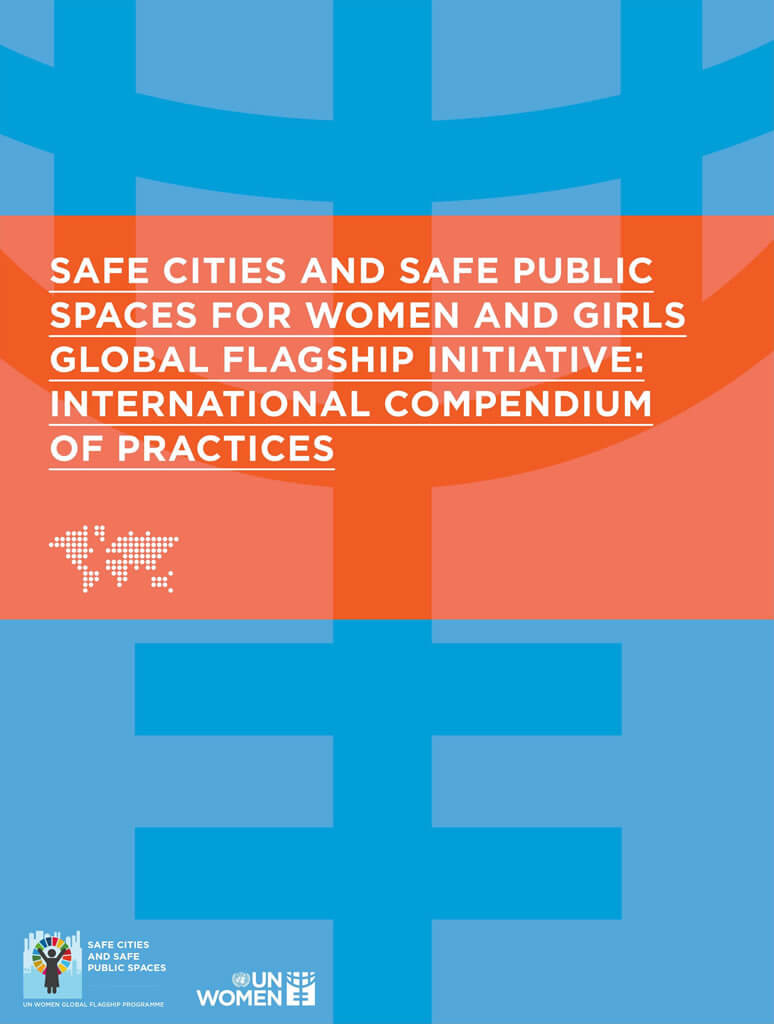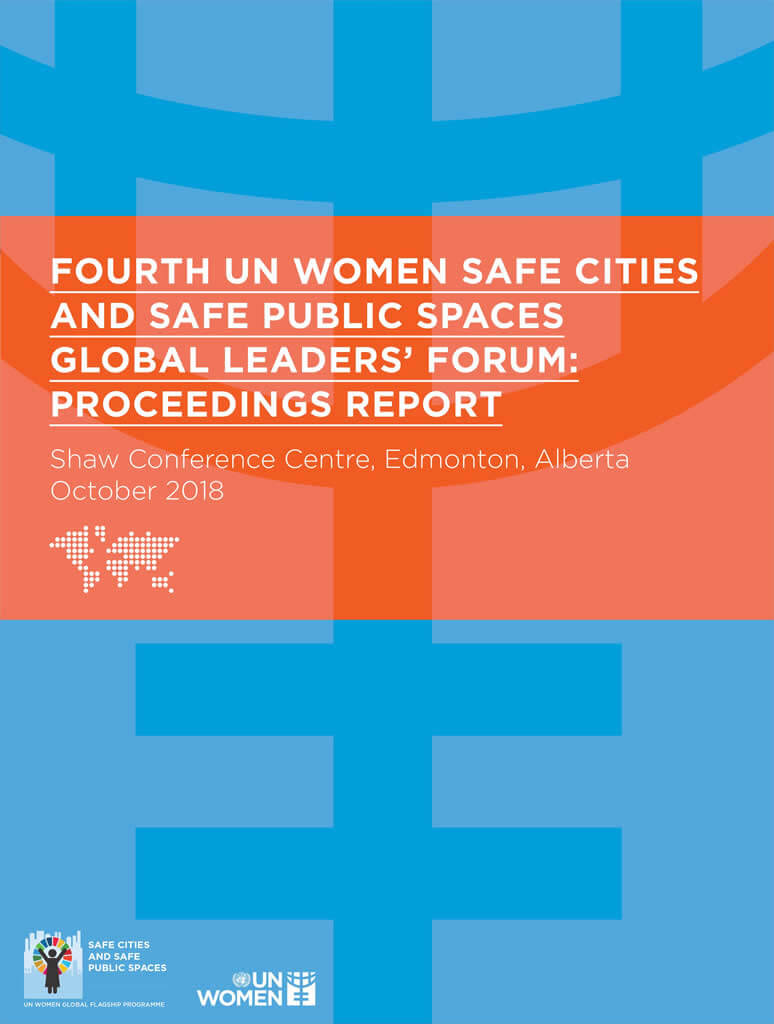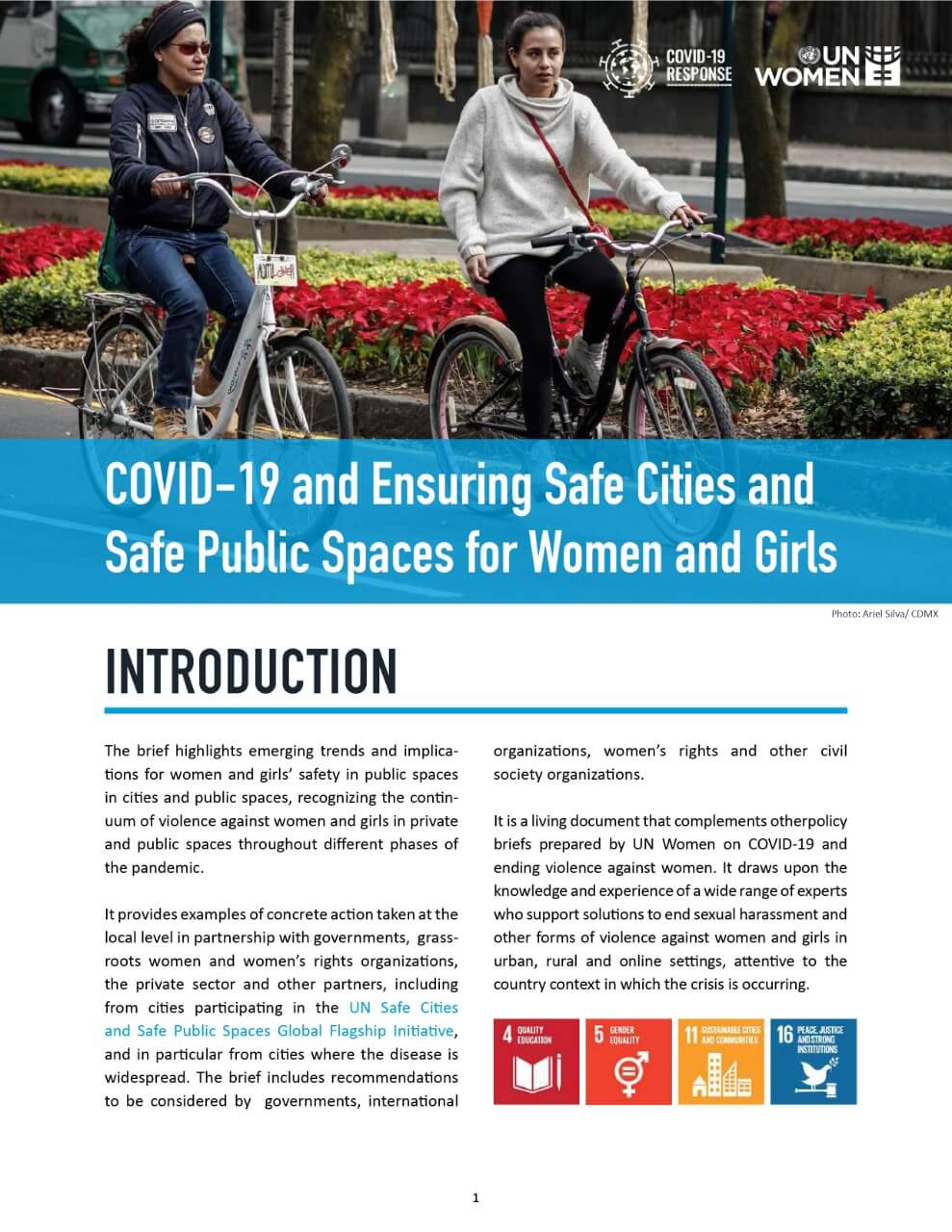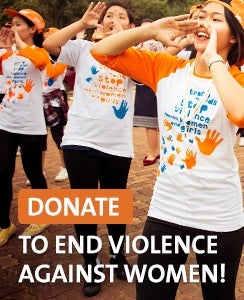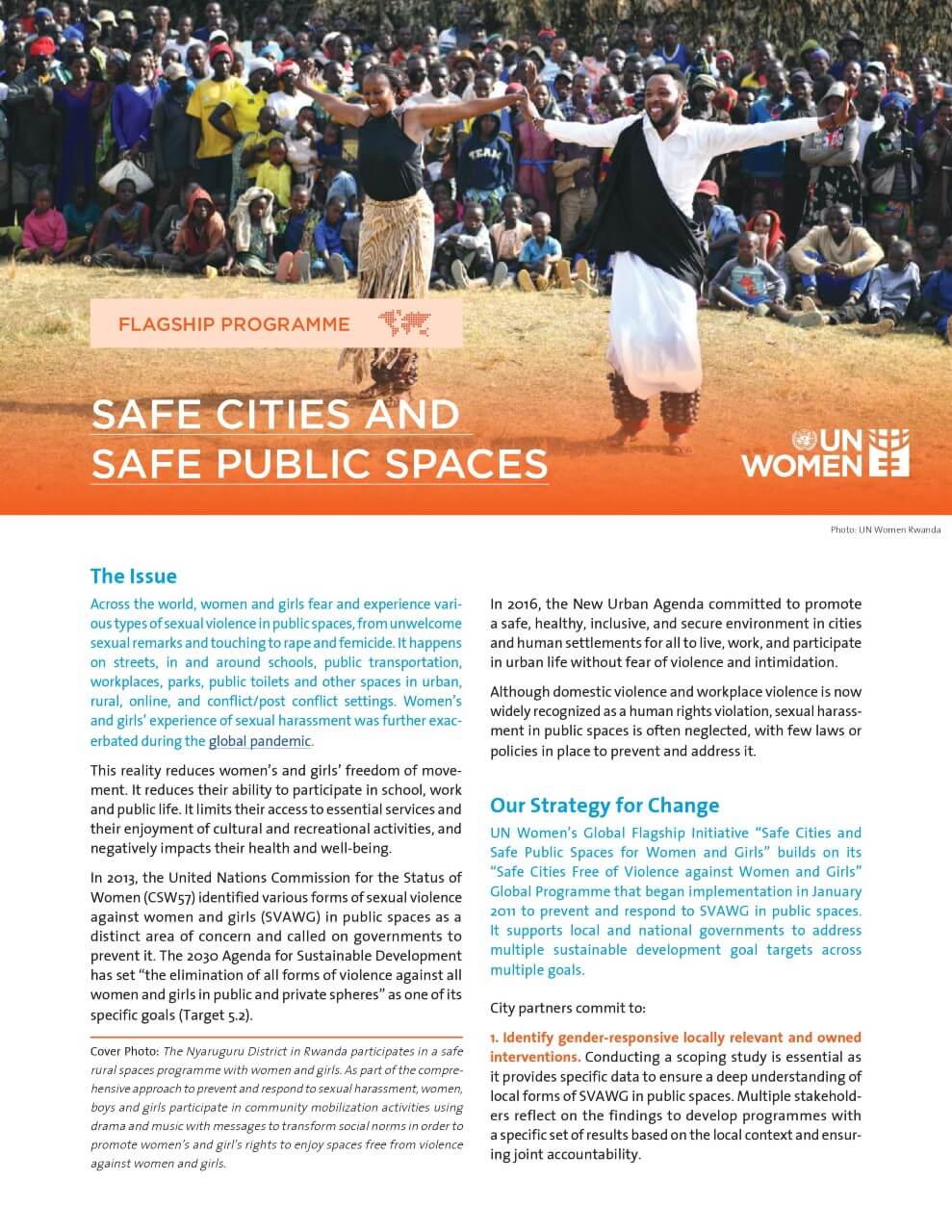Creating safe and empowering public spaces with women and girls
Sexual harassment and other forms of sexual violence in public spaces, both in urban and rural settings, are an everyday occurrence for women and girls in every country around the world.
Women and girls experience and fear different forms of sexual violence in public spaces, from unwelcome sexual remarks and gestures, to rape and femicide. It happens on streets, in and around public transportation, schools, workplaces, public toilets, water and food distribution sites, and parks.
This reality reduces women’s and girls’ freedom of movement. It reduces their ability to participate in school, work, and public life. It limits their access to essential services and their enjoyment of cultural and recreational activities, and negatively impacts their health and well-being.
Although domestic and workplace violence is now widely recognized as a human rights violation, sexual harassment and other forms of violence against women and girls in public spaces are often neglected, with few laws or policies in place to prevent and address it.
Our solutions
For 10 years, UN Women’s global initiative, Safe Cities and Safe Public Spaces for Women and Girls, has worked with leading women’s organizations, local and national governments, UN agencies, and other partners to develop, implement, and evaluate comprehensive approaches to prevent and respond to sexual harassment against women and girls in public spaces in different settings.
Beginning in the cities of Quito (Ecuador), Cairo (Egypt), New Delhi (India), Port Moresby (Papua New Guinea), and Kigali (Rwanda), this multi-stakeholder global initiative has grown to include 50 cities and continues to achieve positive results with its partners.
In Port Moresby, Papua New Guinea, for example, the initiative has contributed to increased safety, hygiene, and comfort among women and girls working in markets and while travelling on public transport.
In Quito, Ecuador, a local regulation was adopted to include a specific provision against sexual harassment in public spaces, resulting in reduced sexual harassment on transportation in the city, and it also informed the national strategy on gender-based violence.
In Morocco, the Ministry of Housing developed “National guidelines on gender-responsive planning” to ensure that all women and girls living in cities can safely access and use urban public spaces.
In Maputo, Mozambique, youth advocates equipped with data and advocacy skills mobilized the Ministry of Education to improve women’s and girls’ safety, including holding awareness raising sessions on the prevention of sexual harassment.
